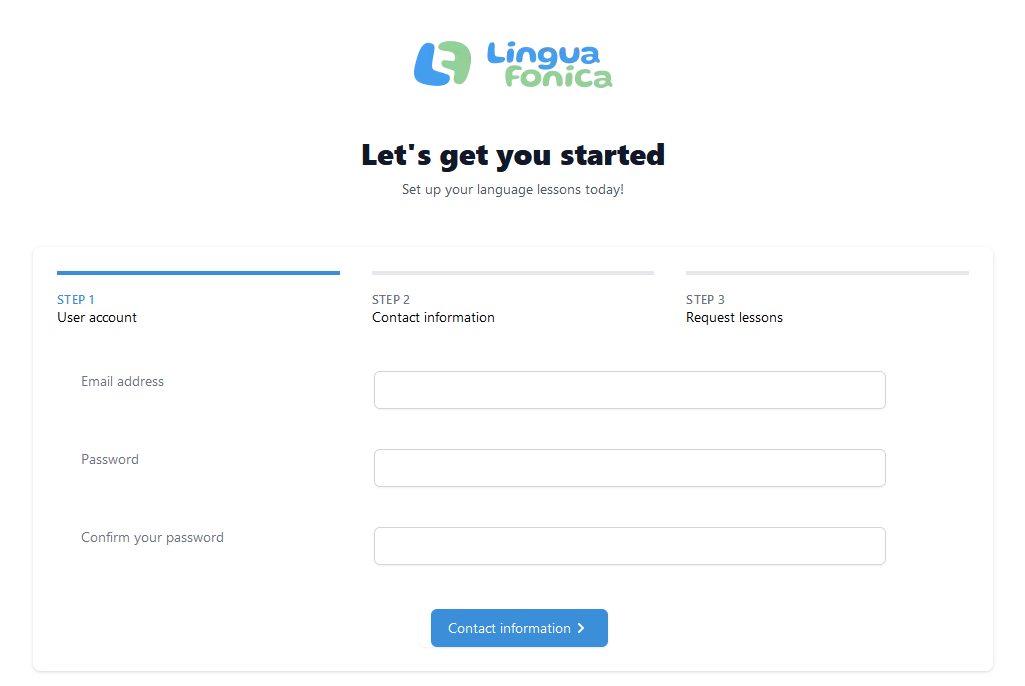Swahili for Business: Important for Companies to Learn?
February 18, 2022
Has your business got interests and or assets in East Africa? or are you looking to expand into this territory? If so, you should consider some Swahili lessons online with Lingua Fonica. Here are some of the reasons you as a business person should learn Swahili as it can be truly beneficial.
Swahili is spoken by close to three hundred million people in East Africa alone
Boasting a cumulative population of almost three hundred million people, Kenya, Tanzania, Uganda, Congo, Burundi, and Rwanda are home to speakers of multiple languages, chief among which is Swahili. Learning Swahili proves extremely useful for anyone whose target market is any of these countries as well as their neighboring countries where the language is gradually taking root.
Swahili is an official language and the national language in Kenya and Tanzania
As the national and official language in Kenya and Tanzania, Swahili plays a key role in governance, the economy, and the general societies of East Africa. In Tanzania, Swahili plays a major role as the sole language of instruction at all levels of education. Learning the language is therefore quite useful, especially if your business needs to deal with compliance, regulations, local laws, permits, or other considerations.
Swahili is the dominant business language in East and Central Africa’s entry point
With the ports of Mombasa and Dar es Salaam, Kenya and Tanzania are strategically situated as the entry point into the otherwise landlocked East, Central, and parts of South Africa. The two nations have Swahili as their official and national language.
Their strategic location and their strong economies in comparison to their neighbors make the two nations very important and influential in the region, something even world leaders are keen about. Knowledge of Swahili is therefore quite useful and important for business people in negotiating the market in Kenya and Tanzania.
Learning Swahili shows your willingness to go beyond basic business standards
Regardless of your background and upbringing, knowledge of Swahili is a major perk if you would like to venture into business in Africa. Even if you are not too fluent in the language, being able to speak Swahili will set you apart from your competitors as your customers and potential customers who are native Swahili speakers will be impressed by your willingness to meet them halfway.
Swahili allows you to express yourself in a language that everyone understands
Swahili is the lingua franca of East Africa. Therefore, being fluent in the language is essentially a survival strategy in the region’s competitive market. It automatically improves your chances of developing a rapport with customers and climbing the corporate ladder.
Moreover, the way you speak and communicate is linked to your interpersonal skills, leadership qualities, and level of empathy (ability to relate to other people). So, mastering the language will help you master all the “soft skills” and “life skills” you need to succeed in the workplace, too!
Swahili is the language of pop culture in East Africa
While this might not seem as important as the facts above, you don’t want to be the one at work who always gets the punchline a little too late. You don’t want to feel out of place. You need to be aware of common East African cultural nuances to better communicate at work and be understood.
Again, Swahili is the lingua franca (common language) of East Africa. All kinds of communication in the region involve some form of Swahili—music, comedy, political discourse, the marketplace register, you name it! This means it is useful for understanding and being able to share common experiences and references with your colleagues, customers, and potential customers. Naturally, the ever-increasing popularity of the Swahili language in Africa and even outside its borders means that knowing the language well can give you a major boost in succeeding in your career.
As you can see, there are lots of reasons why it is important for business people with ties to East Africa and other African connections to learn the Swahili language!
So if you are looking for a Swahili tutor or looking for an online Swahili course, make sure to sign up for Swahili lessons with one of the private tutors on the Lingua Fonica site! We even have a specialized business section for learning, so what are you waiting for?
Written By

Kimathi
Kimathi got his education degree to teach Swahili at the University of Nairobi and taught Swahili language and literature at a high school there for three years before coming to the US for graduate studies. He has worked as a translator and editor for the last few years as well as teaching Swahili language and African cultural studies classes at the University of Wisconsin, Madison.
Ready to begin your journey?Schedule your first lesson now

